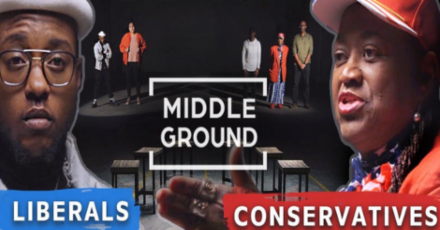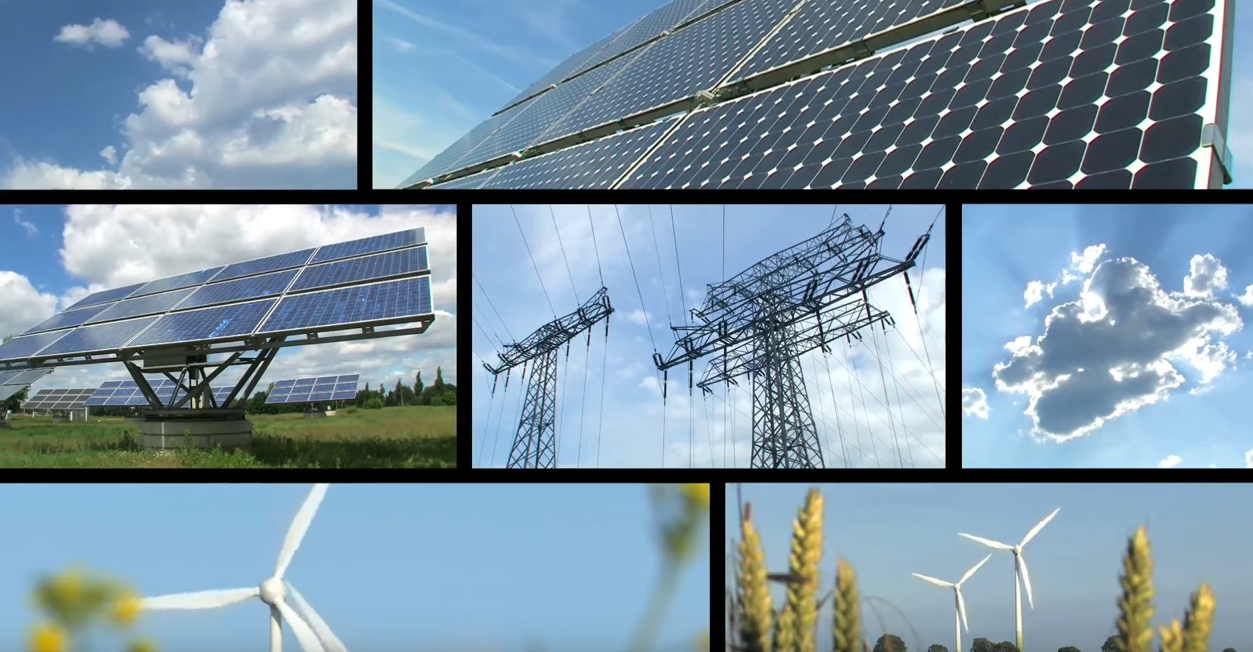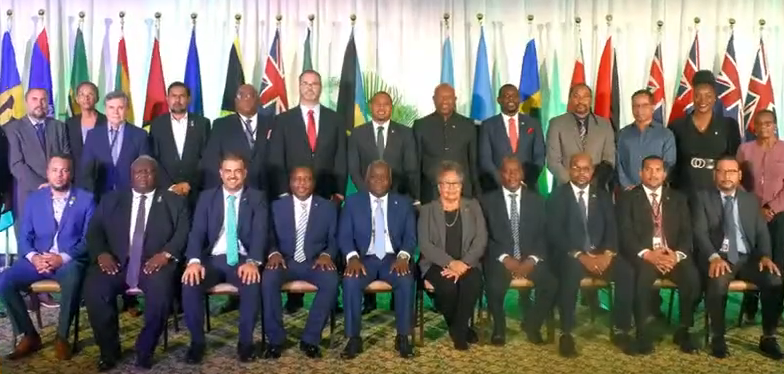Photos: YouTube
It is election season and the Democratic and Republic Parties are clawing for Black Americans’ political support. Traditionally, as you know, Democrats are viewed as “liberals,” while Republicans are considered “conservatives.”
Interestingly, the reality of Black Americans’ sojourn over the last 400 plus years is causing an increasing number of us to consider “self-determination” as a best way forward. Perspectives on self-determination range from emigrating to Africa or elsewhere; to advocating for a unified, separate US territory of sufficient size to accommodate all Black Americans who choose to escape life in the US; to advocating for more independence and self-reliance in our existing areas of influence (communities).
An interesting question to ask is: Are “self-determiners” liberals or conservatives?
To answer the question, it is important to identify the characteristics, attitudes, and philosophies of self-determiners. Popular figures who have espoused self-determination historically and today reflect a variety of backgrounds, attitudes, and philosophies. It is common knowledge, for example, that Booker T. Washington advocated for Black American “economic” self-determination, while W.E.B. Dubois sought a broader form of self-determination covering all aspects of life.
Maulana Karenga, the originator of Kwanzaa, places Kujichagulia (self-determination; “to define ourselves, name ourselves, create for ourselves, and speak for ourselves”) as the second of the Nguzo Saba (seven principles), which embodies Kwanzaa’s core concepts.[1] One might argue that even Black Lives Matter’s (BLM’s) Guiding Principles speak directly and indirectly to some aspects of Black American self-determination.[2] Consequently, we venture to partially characterize today’s self-determiners in the following way:
1. We favor Black unity and some form of racial separation.
2. We emphasize economic independence (self-reliance)—to the extent possible.
3. We support the formation of strong families and areas of influence (communities).
4. We recognize the importance of educating our youth to ensure prospects for greater future self-determination.
5. We prefer a self-help social system (individual responsibility and work) augmented by communal support.
6. We reflect religious beliefs (faith) that are not centered on Christianity alone.
It would not be a stretch to conclude that the just-cited six characteristics are more aligned with conservative, as opposed to liberal, attitudes, principles, and values.
Does this mean that self-determiners will or should vote for a particular party in the November 2022 elections?
Because neither major party expresses favorable sentiments concerning self-determination (it is not even on their radar), neither party should garner self-determiners’ votes automatically. Rather, having no permanent friends or enemies, only permanent (self-determination) interests, self-determiners are best positioned to act independently. It would be logical to vote for candidates of either party who align themselves best with our positions on key socioeconomic topics.
Therefore, while self-determiners may be some distance from operationalizing all aspects of self-determination (however defined), we can certainly practice our political self-determination at the polls on November 8th—if we decide to participate at all.
Dr. Brooks Robinson is the founder of the Black Economics.org website: https://blackeconomics.org/index.php/about-us/
References:
[1] See the Official Kwanzaa Internet website here; https://www.officialkwanzaawebsite.org/kujichagulia.html (Ret. 101322).
[2] BLM’s Guiding Principles are available at: https://www.blmla.org/guiding-principles (Ret.101322).






